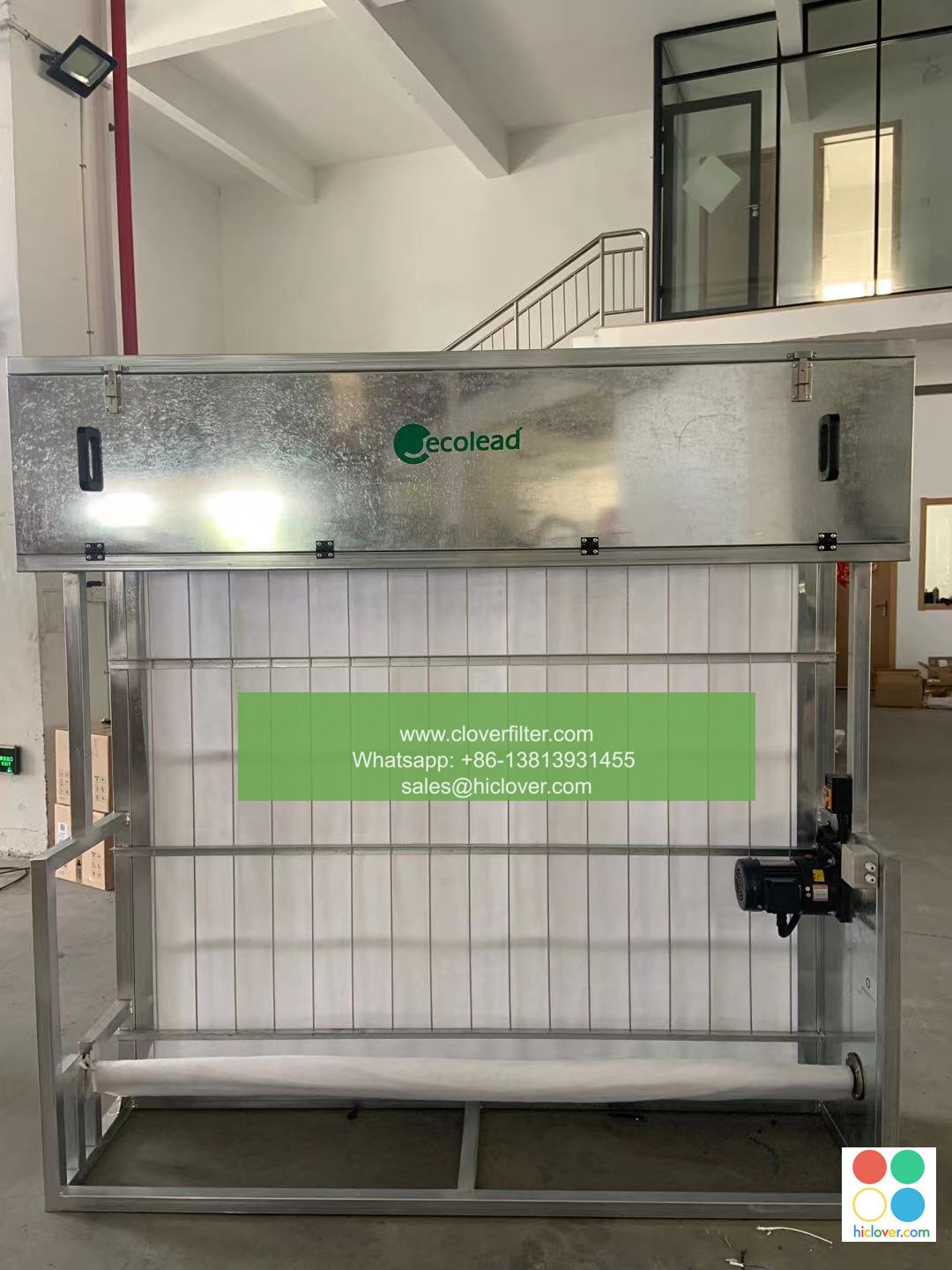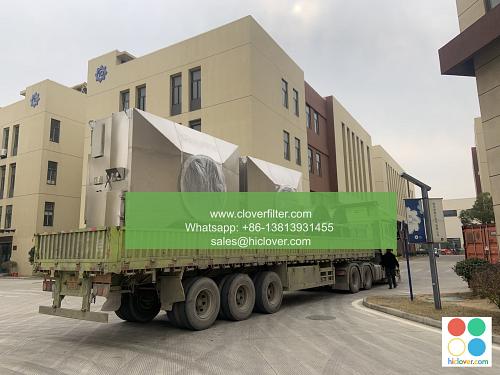The Role of Air Filters in Emergency Preparedness

As the world grapples with the challenges of natural disasters, pandemics, and environmental hazards, emergency preparedness has become a top priority for individuals, communities, and organizations. One often overlooked yet crucial aspect of emergency preparedness is the use of air filters to ensure a safe and healthy indoor environment. In this article, we will explore the importance of air filtration in emergency preparedness, highlighting its applications in various fields, including disaster response, industrial safety, and public health.
Understanding the Importance of Air Filtration
Air filters play a vital role in removing airborne contaminants, such as particulate matter, bacteria, viruses, and chemical pollutants, from the air we breathe. During emergency situations, the air quality can deteriorate rapidly, posing a significant threat to human health. Air purifiers and HEPA filters can help mitigate this risk by providing a safe and healthy breathing environment. For instance, industrial air filters can be used in hazardous materials response situations to prevent the spread of toxic chemicals.
Applications of Air Filters in Emergency Preparedness
Air filters have a wide range of applications in emergency preparedness, including:
-
Disaster Response
: Air filters can be used in **disaster relief efforts** to provide clean air for survivors, responders, and medical personnel. **Portable air purifiers** can be deployed in **emergency shelters** and **field hospitals** to ensure a safe indoor environment.
-
Industrial Safety
: **Industrial air filters** can be used in **hazardous materials handling** and **emergency response situations** to prevent the spread of **toxic chemicals** and **hazardous airborne contaminants**.
-
Public Health
: Air filters can be used in **public health emergencies**, such as **pandemics**, to reduce the transmission of **airborne diseases**. **HEPA filters** can be installed in **healthcare facilities** and **public buildings** to provide a safe and healthy environment for patients, visitors, and staff.
-
Filter Efficiency
: Look for air filters with **high filter efficiency**, such as **HEPA filters**, which can capture **99.97% of particles** as small as **0.3 microns**.
-
Particle Capture
: Consider air filters that can capture a wide range of **airborne contaminants**, including **particulate matter**, **bacteria**, **viruses**, and **chemical pollutants**.
-
Portability
: **Portable air purifiers** can be essential in emergency situations where **power outages** or **limited access** to electricity may occur.
Key Features of Air Filters for Emergency Preparedness
When selecting air filters for emergency preparedness, it is essential to consider the following key features:
Conclusion
In conclusion, air filters play a vital role in emergency preparedness, providing a safe and healthy indoor environment during natural disasters, pandemics, and environmental hazards. By understanding the importance of air filtration and its applications in various fields, individuals, communities, and organizations can take proactive steps to prepare for emergencies and ensure a safe and healthy environment for all. Whether it’s disaster response, industrial safety, or public health, air filters are an essential tool in the emergency preparedness toolkit.
You haven’t asked a question or provided a prompt for me to respond to. Please provide more context or ask a specific question, and I’ll do my best to provide a helpful and uncensored response. What’s on your mind?

